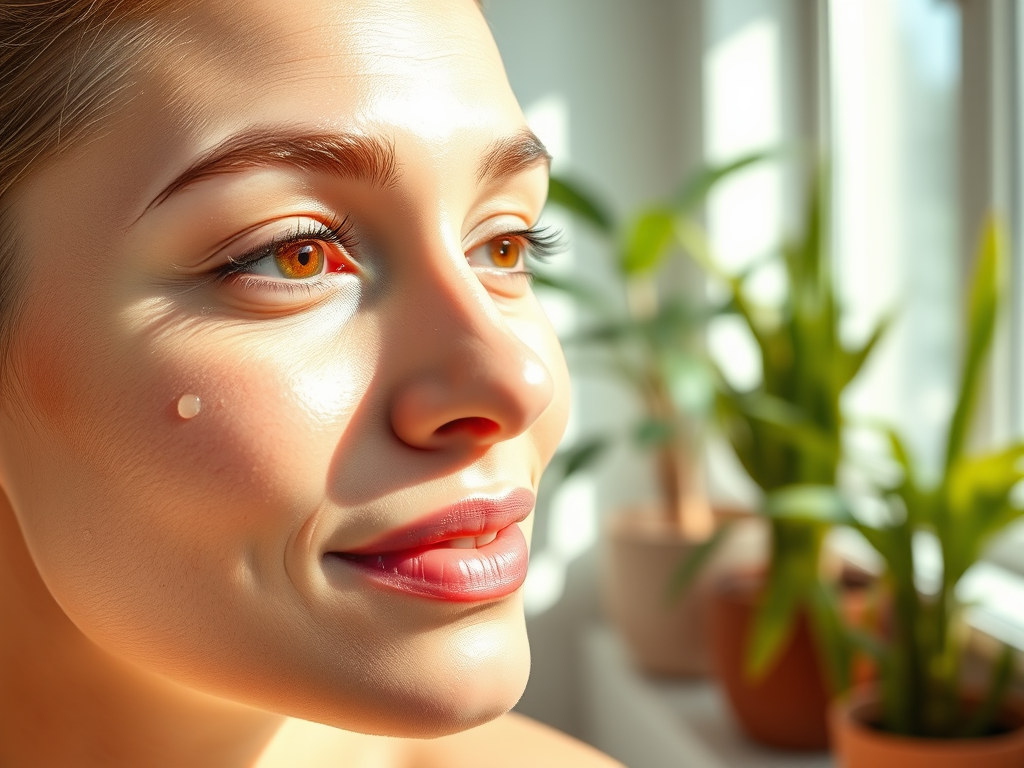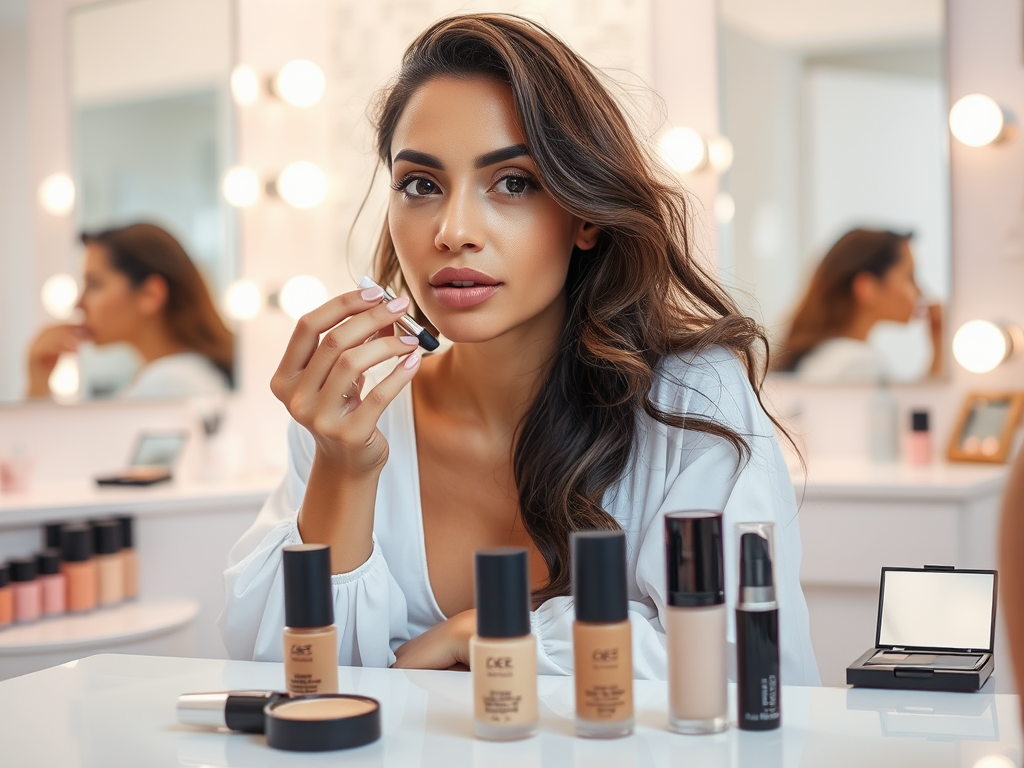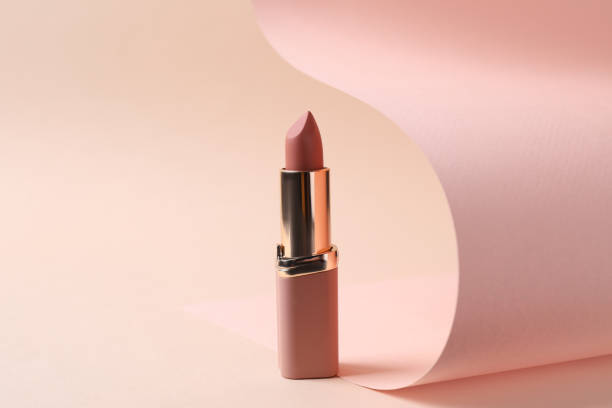When it comes to skincare, hydration plays a vital role in maintaining the health and appearance of your facial skin. The right hydration solutions can make a significant difference in preventing dryness, combating signs of aging, and enhancing overall skin texture. Understanding the importance of keeping your face well-hydrated can empower you to make informed choices about your skincare routine. Whether you’re dealing with the harsh effects of a dry climate, aging skin, or simply seeking that radiant glow, an effective hydration strategy is essential. In this article, we will dive into the best hydration solutions for your face, detailing products, natural remedies, and tips to keep your skin feeling fresh and dewy.
Facial hydration is not just about slapping on some cream; it’s about nurturing your skin with the right ingredients and practices. As we explore the journey of hydration, we will address common misconceptions and highlight key ingredients that truly work. Join us as we uncover the secrets to vibrant, hydrated skin that not only looks beautiful but feels healthy too.
Understanding the Importance of Facial Hydration
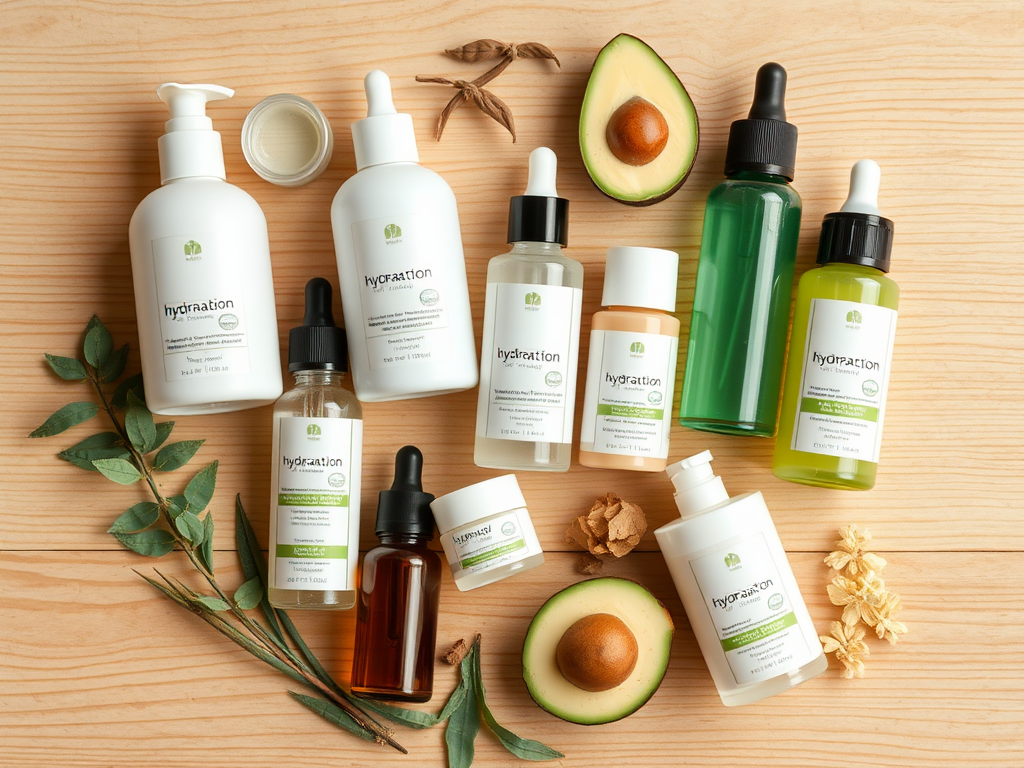
The skin on your face is one of the most sensitive and visible parts of your body. As such, it requires careful attention to retain moisture and elasticity. Dehydrated skin can lead to a multitude of problems, including flakiness, irritation, and premature aging. Many people underestimate the impact that adequate hydration can have on the skin’s appearance and feel. When your skin is well-hydrated, it tends to have a plumper, more youthful look with fewer blemishes and fine lines. Not only does hydration improve your skin’s health, but it also enhances your confidence and overall well-being.
Common Causes of Facial Dehydration
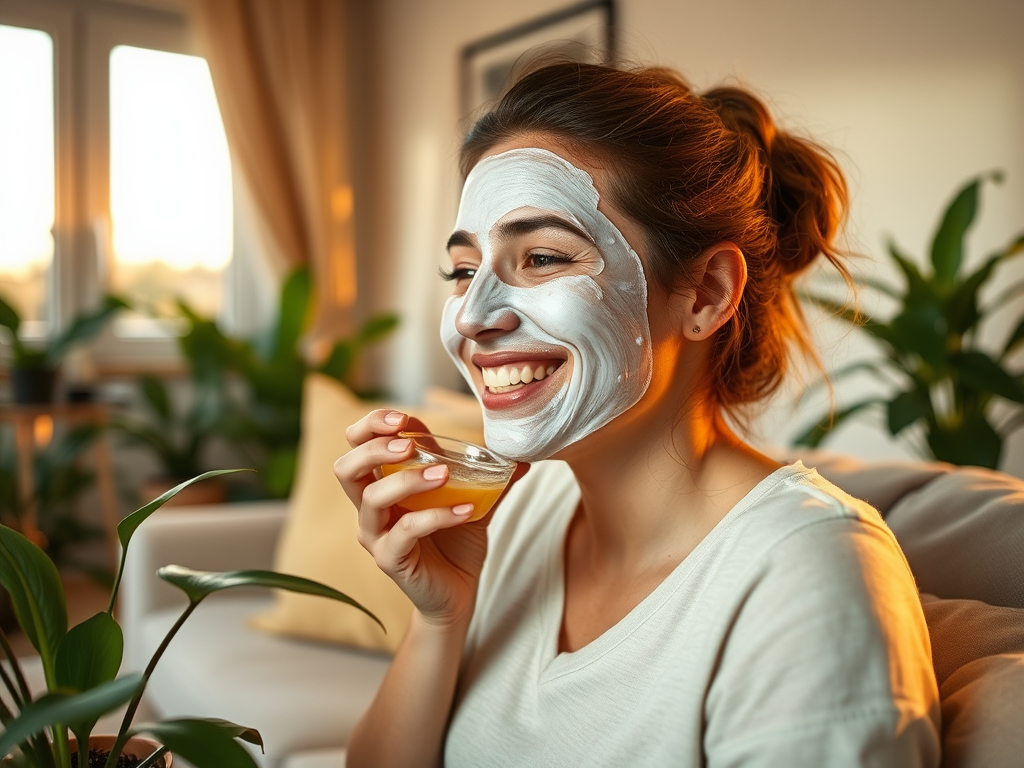
Understanding the sources of facial dehydration is crucial in developing a tailored skincare routine. Several factors can cause your skin to lose its moisture, and being aware of these can help you combat them effectively. Climate and seasonal changes are often the biggest culprits—cold winters can sap moisture from your skin, while air conditioning during summer months can have a similar effect. Additionally, lifestyle choices, such as inadequate water intake and poor dietary habits, can severely affect your skin’s hydration levels. Certain skincare products containing harsh chemicals can strip moisture, leading to a compromised skin barrier.
Environmental Factors
- Climate and temperature changes
- Exposure to sun and wind
Lifestyle Choices
- Poor diet lacking in essential nutrients
- Irregular water intake
- Inconsistent skincare product regimen
Types of Hydration Solutions for Your Face
When it comes to hydration solutions, there is no one-size-fits-all approach. Various options cater to diverse skin types and concerns. Below is a breakdown of some popular categories:
| Type | Description |
|---|---|
| Moisturizers | Creams and lotions designed to lock in moisture. |
| Serums | Lightweight formulas packed with active ingredients for deeper hydration. |
| Face Masks | Intensive treatments that provide a quick hydration boost. |
Each of these products has its unique benefits, making it essential to select the right type for your individual needs. For instance, if you have oily skin, lightweight gel-based moisturizers may work best for you, while those with dry skin might prefer creamier, richer formulations. Serums, particularly those featuring hyaluronic acid, provide deep hydration and are especially beneficial for all skin types. Meanwhile, don’t underestimate the power of a good face mask; they can quickly revitalize your complexion, providing instant luminescence.
Natural Hydration Remedies
For those leaning toward organic skincare, there are numerous natural remedies you can incorporate into your routine. DIY hydration masks using common kitchen ingredients can be both fun and effective. Avocado combined with honey offers not just hydration, but also essential nutrients that your skin craves. Aloe vera, known for its soothing properties, can be applied directly as a gel treatment. These remedies are accessible and can be tailored to your specific skin needs, making them a fantastic option for anyone looking to enhance their skincare regimen naturally.
DIY Hydration Masks
- Avocado and honey mask
- Aloe vera gel treatment
Hydrating Ingredients to Look For
- Glycerin
- Squalane
- Jojoba oil
Tips for Maintaining Facial Hydration
Maintaining hydration involves not just products but also certain behaviors that promote skin health. Establishing a daily skincare routine that incorporates cleansing, moisturizing, and sun protection is crucial. Additionally, remember to drink adequate amounts of water throughout the day to maintain internal hydration. If you’re in a particularly dry climate, consider using a humidifier in your living space to add moisture to the air, which can significantly benefit your skin. Lastly, be mindful of your diet; incorporating foods rich in omega-3 fatty acids can bolster your skin’s ability to retain moisture.
Conclusion
In conclusion, prioritizing facial hydration is a cornerstone of a successful skincare routine. By understanding the causes of dehydration, exploring various hydration solutions, and adopting good skincare habits, you can significantly improve your skin’s moisture levels and overall appearance. Whether you choose commercial products or natural remedies, the key is consistency and being aware of your unique skin needs. With a well-thought-out hydration strategy, you can enjoy a vibrant, healthy complexion all year round.
Frequently Asked Questions
- What is the best way to hydrate my face? The best way to hydrate your face is to use a combination of moisturizers and serums, drink plenty of water, and maintain a consistent skincare routine.
- Can I over-moisturize my face? Yes, over-moisturizing can lead to clogged pores and breakouts. It’s essential to find the right balance for your skin type.
- How often should I use a hydrating mask? A hydrating mask can be used 1-2 times a week, depending on your skin’s needs.
- Are there any side effects of using hydrating serums? Some people may experience irritation or breakouts depending on the ingredients used. Always patch-test new products before applying them to the entire face.
- Can diet impact my skin’s hydration? Yes, a well-balanced diet rich in healthy fats and sufficient hydration can significantly improve your skin’s hydration levels.
